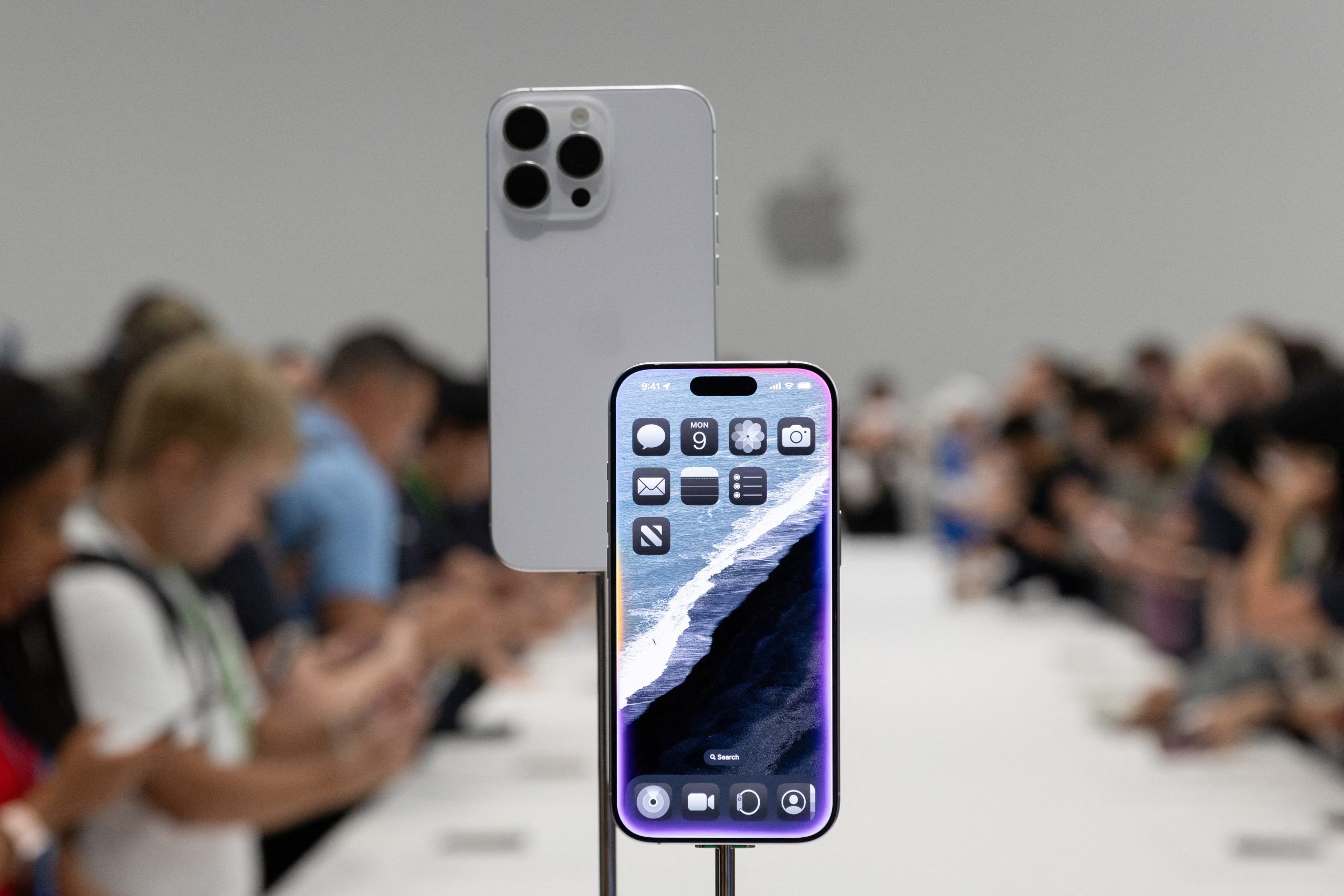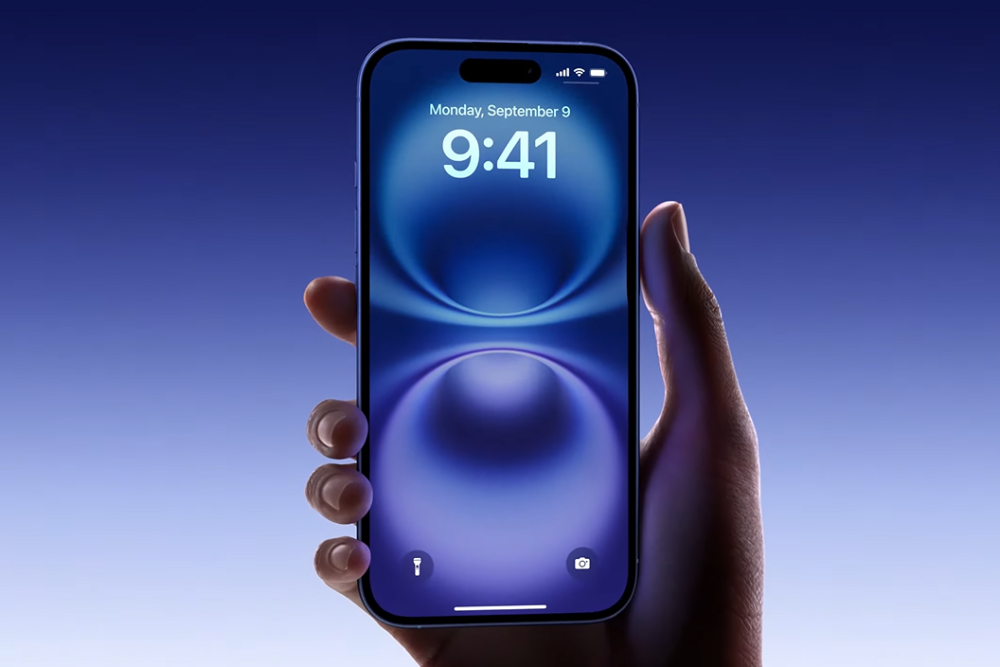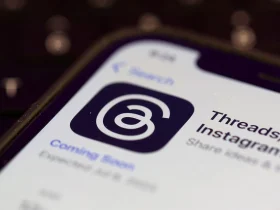Apple has officially launched the new iPhone 16, marking a significant milestone in its AI-driven future. The device became available in almost 60 countries, accompanied by new models of the Apple Watch Series 10, an upgraded Apple Watch Ultra 2, and updated AirPods.
While the iPhone 16 does not come with AI features pre-installed, it is one of only two iPhone generations compatible with the upcoming Apple Intelligence software, set to roll out with iOS 18 in October. Despite the absence of AI features at launch, the phone’s improvements, such as new color options and two additional buttons (the Camera Control and Action buttons), have sparked excitement.
The launch events attracted notable figures, including Apple CEO Tim Cook, who appeared at the Fifth Avenue Apple Store in New York, as is customary on launch days. Cook was joined by comedian and TV host Jimmy Fallon, who made headlines by wearing a Vision Pro headset and playfully interacting with Cook while recording a video.
Fans like filmmaker RD Alba, who has been loyal to the iPhone since 2007, expressed excitement about the camera enhancements and upcoming AI features, emphasizing the role these innovations will play in content creation and user experience.

The global launch saw long queues outside Apple stores in major cities. In Singapore, fans lined up from as early as 4 a.m. for the highly anticipated iPhone 16, while in New York, tech enthusiasts like Saul Campos highlighted the enhanced Camera Control button as a major draw for upgrading.
Meanwhile, resellers capitalized on the demand, especially in places like Singapore, where buyers from countries without official Apple stores, such as Vietnam and Sri Lanka, sought to purchase extra units for resale.
In Singapore, some customers profited from reselling the new iPhones to international buyers. A local couple, attending an Apple launch for the first time, sold their pre-ordered extra phones for a small profit to resellers from Vietnam. Despite the modest financial gain, they described the experience as more fun than lucrative.
The reselling trend underscored the global demand for the new iPhone, particularly in regions without direct Apple distribution channels.
In London, moderate queues formed at Apple’s central stores, with some customers, such as healthcare AI workers, less enthused about the AI features, viewing the device as merely a tool for communication and email. However, die-hard Apple fans continued to show up in force to get their hands on the new device.
The launch in Europe, particularly at the historic Regent Street store, also featured customers eager to update their essential gadgets, even if the excitement felt more subdued than in previous years.
The iPhone 16 launch comes at a crucial time for Apple, as iPhone sales dipped year-on-year in the third quarter. While analysts are hopeful that AI integration will boost future sales, pre-order numbers for the iPhone 16 have been about 13% lower than the iPhone 15, due in part to the delayed AI rollout and fierce competition in China. This launch will be a key test of whether Apple’s hardware and the hype around AI can generate the revenue bounce-back the company is seeking.







Leave a Reply